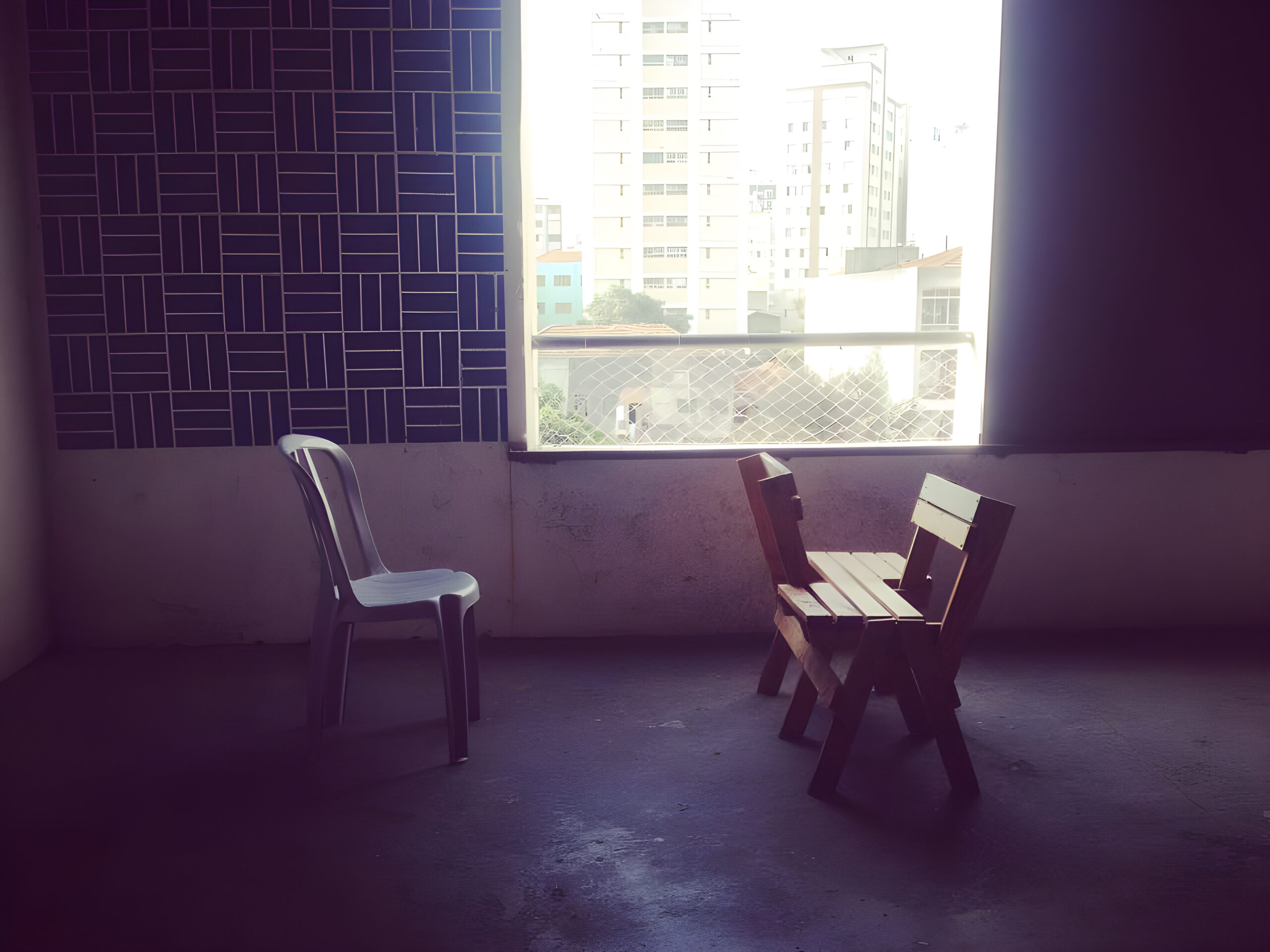What are the legacies of the free clinics in our time? This strand is dedicated to historical research meant to establish the continuities between the early free clinics and their successors, after the Second World War and up to the present. The main axis of the strand is constituted around Vienna, Budapest and Berlin, which bear distinctive historical relevance: the free clinics in these cities were sites of political and clinical experimentation and innovation. Special attention will be given to forgotten and marginal historical and contemporary figures, collectives and sites. Our research team will investigate the role of the free clinics in their local environment, but also how international networks were forged and how, consequently, concepts travelled from country to country and from continent to continent. One of the most important outputs of these ‘travelling concepts’ has been that ideas originally developed for the clinical encounter (between the patient and the analyst) have migrated to spaces ‘outside the clinic’, leading to new versions of an ‘applied psychoanalysis’. Because free clinics – especially contemporary ones – often function outside of the mainstream institutions, their histories and various applications can be difficult to trace. This programme looks to address this gap.
Connected terms: Vienna, Budapest, Berlin, travelling concepts, marginal figures

